The latest violence in Gaza could lead to a positive outcome, if all sides are willing to make painful compromises.
The confrontation between Israel and Hamas in Gaza again raises the nagging question of how to settle the Middle East’s most enduring conflict. As Israelis, Palestinians and the international community seek a much desired end to this latest and bloodiest round in the conflict, this question hounds us.
The first lesson in the conflict may be in what it reveals. It is no concession to Hamas to acknowledge that Palestinians want and deserve an end to occupation and the establishment of their own state. That, of course, is not the entirety of Hamas’ objective. Besides the establishment of a rigidly totalitarian Islamist state, Hamas also seeks in word and deed the destruction of the state of Israel.
While it may desire eliminating Israel, it has no capacity to do so and, therefore, has chosen to wage war on Israel’s most vulnerable component, its population — either through wanton mass launches of ill-guided rockets or carefully planned attacks on Israeli towns, villages and military posts via an extensive network of sophisticated tunnels extending from Gaza.
Inability to meaningfully challenge the State of Israel and now the demonstrated folly of attacking Israel’s population, all at the staggering expense of innocent residents in Gaza, underscore for all but the willfully self-deceived the moral bankruptcy of Hamas, Islamic Jihad and fellow travelers. It is telling that Hamas receives little support in the Muslim world. Depending on the outcome of the ongoing Cairo negotiations, the resumed role of the Palestinian Authority (PA) in Gaza and, most critically, the support the PA receives from Israel and Egypt, Hamas is likely to face declining fortunes in the Palestinian Territories.
Hamas’ stated goals for launching this latest round of self-destructive jihad against Israel — lifting of Israel’s blockade of Gaza by opening entry points on the Egyptian and Israeli borders, and releasing Hamas prisoners held by Israel — could have been more realistically and much less costly attained by adhering to the principles of the Middle East Quartet: rejecting violence, accepting previously negotiated Israeli-Palestinian agreements and recognizing Israel.
Israel’s Options
While Hamas is at war with Israel and its population, Israel is not at war with Palestinians or Gaza. Were Israel truly at war, its overwhelming firepower could easily have leveled Gaza from one end to the other. But confronted by an organization committed to its destruction on the one hand, but only able to wage war against its vulnerable population on the other, Israel responded as any state — especially a democratic one — would, to protect its population.
The crimes of Hamas are inexcusable in exposing and using innocent Gazans for purely tactical and international propaganda reasons. It was a hopeless tactic to achieve goals that could more easily have been reached through other, non-violent means. Israel’s defense, however regrettable from the standpoint of the loss of innocent Gazan lives and destruction of infrastructure, is understandable.
Is there another option? Stand by passively and permit thousands of rocket launches, relying exclusively on the otherwise supremely effective Iron Dome missile defense system? Turn a blind eye to the tunnels dug right into Israeli towns and villages to allow murder and kidnapping of Israeli civilians?
No democratically elected government can be expected to remain in office in the face of a partial defense of its citizenry. No nation in the world considers passivity to be a satisfactory defense. So, anything less than a full-throttled defense would have been met with Israeli public outrage. In Israel, as in any nation, democratic or otherwise, the government’s first responsibility is to protect the population. So, despite the heartrending suffering visited upon the innocent people of Gaza, Israel responded in the only way it could to deter the Hamas threat to its population.
The crimes of Hamas are inexcusable in exposing and using innocent Gazans for purely tactical and international propaganda reasons. It was a hopeless tactic to achieve goals that could more easily have been reached through other, non-violent means. Israel’s defense, however regrettable from the standpoint of the loss of innocent Gazan lives and destruction of infrastructure, is understandable.
Palestinians with no affiliation with or sympathy for Hamas desperately long for the end of Israel’s occupation and the establishment of their own state. The international community overwhelmingly supports the peaceful realization of these legitimate aspirations. For Israel to ignore such feelings, for example, by perpetuating settlement activity in the West Bank, is to continue to place itself in the eyes of the international community on the side of an unjust aggressor, however illegitimate may be the actions of groups like Hamas.
Yet in recent years, Israel has done little to address some of the fundamental wrongs of its occupation of the Palestinian Territories. It has eschewed or only grudgingly gone along with efforts by the US and the Quartet to sit with Mahmoud Abbas and the PA and resolve the conflict.
Return to the Negotiating Table
So, a second lesson in this latest conflict is a simple and oft-repeated one: Palestinians will seek to end the occupation by all means at their disposal, even violent ones. As demonstrated by the sophisticated tunnel network uncovered by the Israel Defense Forces (IDF) in this latest round of the conflict, Hamas and others will develop or obtain (from their supporters like Iran) more complex and advanced ways of attacking Israelis. In turn, Israel will continue to bring massive and overwhelming force to protect its population and ensure the security of the state. Therefore, the only solution to the conflict is negotiation. The Israeli government and the PA must recommit to sitting with one another and making the necessary and critical, gut-wrenching choices to finally bring this conflict to an end.
None of this is especially revelatory. But Gaza is a reminder that extending this conflict and postponing the tough choices will impose higher and higher costs on both sides — lives, infrastructure and opportunity for Palestinians, and security and international standing for Israel.
Perhaps the most symbolic move Israel could take right now to resolve this conflict and restore confidence in Israel’s goodwill is to announce its willingness to return to the negotiating table to settle on the borders of a Palestinian state. That would necessitate a decision by both sides on the acceptance of the 1967 lines as a basis for discussions and on the disposition of Israeli settlements in the West Bank via land swaps. Concomitant with the resumption of negotiations, Israel should announce the suspension of all further settlement expansion or construction.
In addition, Israel could also double down on this necessary and vitally important decision now by gradually relinquishing control of those areas on the West Bank — known as Areas B and C, where it retains either security control (Area B) or complete administrative and security control (Area C) — to the PA, so it can finally begin a comprehensive effort to revive and build a genuine economy and a future state.
Lesson for the Palestinian Leadership
There are lessons for the PA and Fatah under President Abbas’ leadership, too. Neither can expect to retain the support of the Palestinian people as long as this stalemate continues and violent extremists are the only ones seen to be acting, however futilely. Moreover, inaction by the PA and Fatah will also undermine the unity government formed in June, none of whose members are affiliated with either of the two major Palestinian parties. Working with a willing Israeli leadership, the PA must show all Palestinians there is a non-violent alternative capable of ending the occupation and establishing a viable state.
To do so will mean an honest and realistic appraisal of Israel’s needs. First, it must acknowledge Israel’s security needs. The Gaza episode amply demonstrates the potential threat Israel and its population face from nearby enemies. It must have, therefore, an acceptable security guarantee, including an IDF presence, on the West Bank in any future deal creating an independent Palestine, at the very least for the short- to medium-term. Abbas has indicated he may be willing to accept such a presence for a limited time period.
Second, the Palestinians must also acknowledge the need for the future viability of the Jewish, democratic state. That means dropping the demand for the right of return of Palestinian refugees to Israel. The two sides have showed an ability to discuss the return of specific numbers of Palestinians to Israel. However, Israel can never accept their “right” to return. It would effectively repudiate the right of Jews and Israel itself to their place in the Middle East.
Finally, for both parties and the international community, there is Gaza and its security. As long as Hamas is armed, it presents a threat to Israel, which in turn renders Gaza insecure. As the West Bank, Gaza must be demilitarized and placed under PA security forces supervision. Doing so would also allow Egypt and Israel to open border crossing points, greatly easing the lives of Gazans, giving them access to necessary goods and services, allowing them to travel and significantly expand their economic opportunities. But Hamas, Islamic Jihad and others must be disarmed. Until that happens, Gaza will remain an “open air prison.”
As has always been the case, peace in the Middle East depends on the will of the parties. In light of the devastating events of the last month, both are reminded that the costs of postponing tough choices only grow more horrendous. And if Gaza was not sufficiently convincing, we can be sure that more convincing incidents are sure to follow.
The views expressed in this article are the author’s own and do not necessarily reflect Fair Observer’s editorial policy.
Support Fair Observer
We rely on your support for our independence, diversity and quality.
For more than 10 years, Fair Observer has been free, fair and independent. No billionaire owns us, no advertisers control us. We are a reader-supported nonprofit. Unlike many other publications, we keep our content free for readers regardless of where they live or whether they can afford to pay. We have no paywalls and no ads.
In the post-truth era of fake news, echo chambers and filter bubbles, we publish a plurality of perspectives from around the world. Anyone can publish with us, but everyone goes through a rigorous editorial process. So, you get fact-checked, well-reasoned content instead of noise.
We publish 2,500+ voices from 90+ countries. We also conduct education and training programs
on subjects ranging from digital media and journalism to writing and critical thinking. This
doesn’t come cheap. Servers, editors, trainers and web developers cost
money.
Please consider supporting us on a regular basis as a recurring donor or a
sustaining member.
Will you support FO’s journalism?
We rely on your support for our independence, diversity and quality.


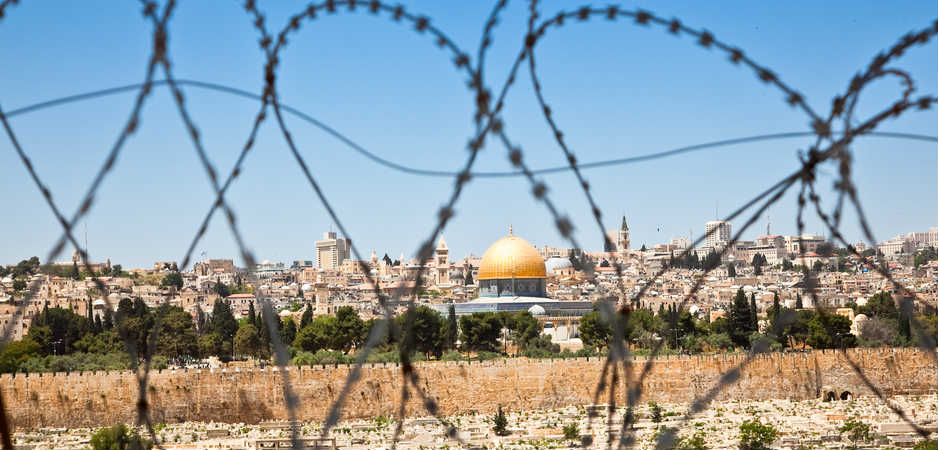
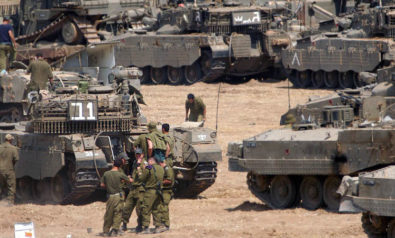
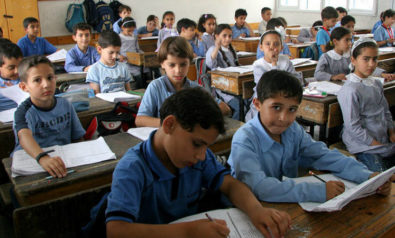

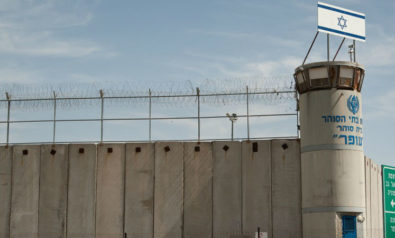

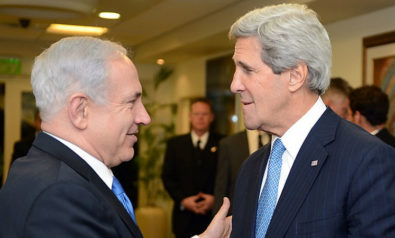

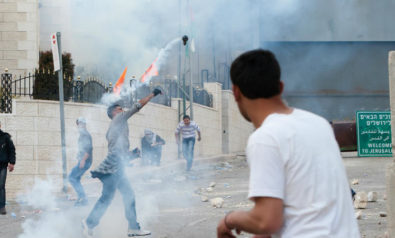
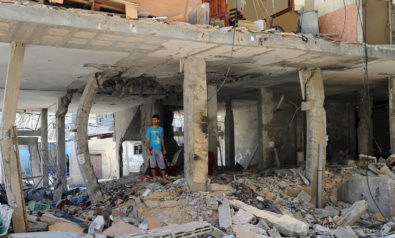

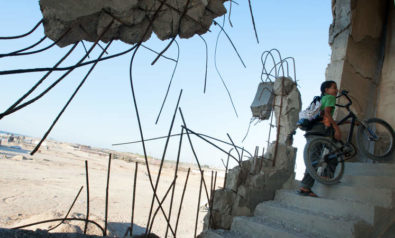


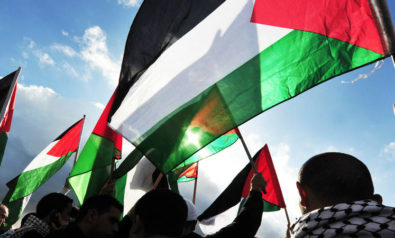


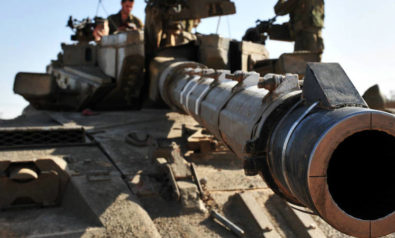
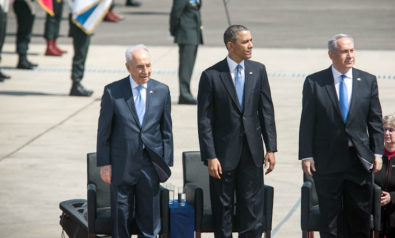

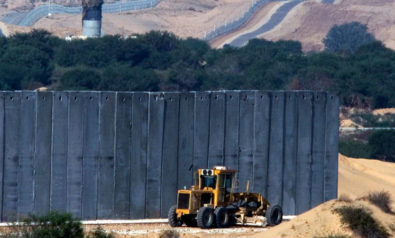
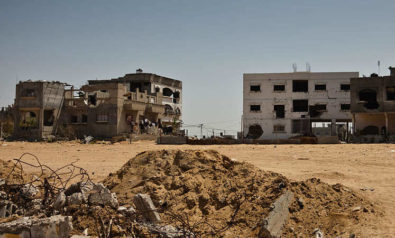

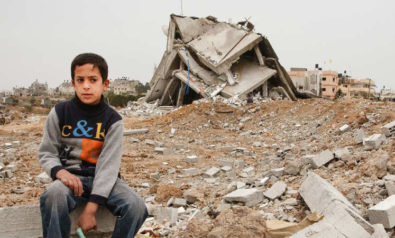
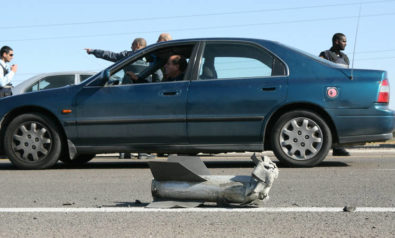
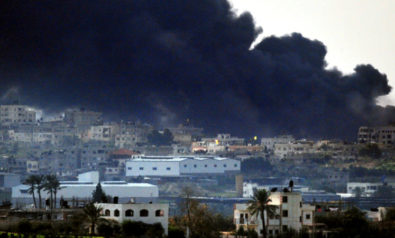
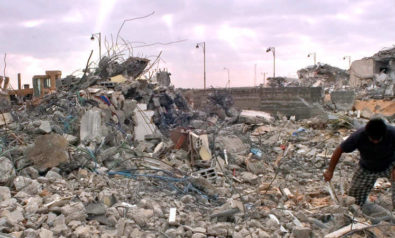
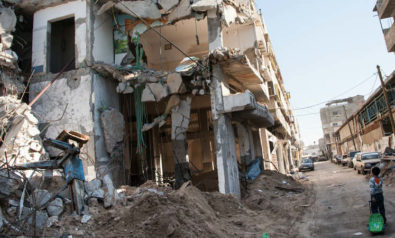


Comment